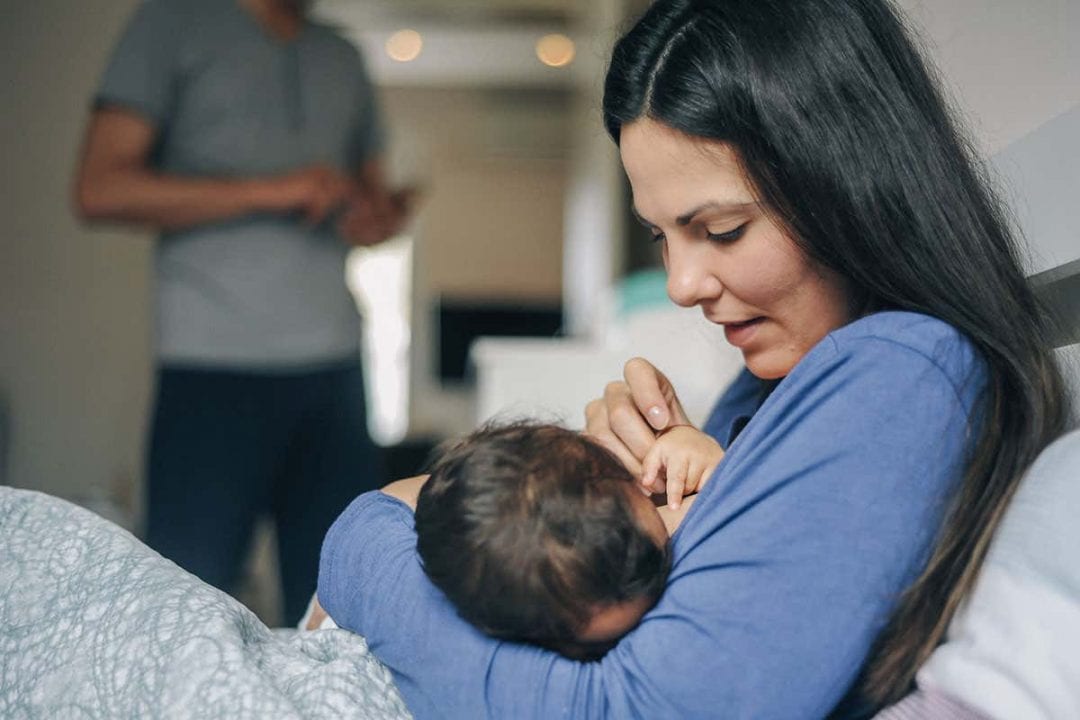People who have been pregnant or have breastfed a baby are less likely to experience an early menopause. This may be because ovulation is temporarily stopped during pregnancy and slowed down during breastfeeding, maintaining a reserve of eggs for longer.
Several studies have suggested that having a baby might affect the timing of menopause, but the majority have required people to accurately recall when their menopause started. This isn’t always easy to define as periods can be erratic in the months or years before the menopause, which is usually only confirmed 12 months after periods have stopped, says Christine Langton at the University of Massachusetts.
Instead of asking for information many years after people experienced menopause, Langton and her colleagues looked at the health records in the Nurses’ Health Study II – a project that has asked volunteers for information about their health every two years since 1989. Langton’s team studied the pregnancy, breastfeeding and menopause reports of 108,887 people over a 26-year period.
The team found that people who had experienced pregnancies that lasted at least six months had a lower risk of experiencing an early menopause – defined as menopause before the age of 45 – than those who hadn’t.
“We observed a linear trend,” says Langton. “Women who had one pregnancy had an 8 per cent lower risk, those who had two pregnancies had a 16 per cent lower risk, and those that had three pregnancies had a 22 per cent lower risk.”
The link isn’t explained by infertility, says Langton. Her team accounted for this by removing people who had reported that they were trying to conceive but hadn’t become pregnant from the study sample. “There was no difference in the results,” says Langton.
Breastfeeding also lowered the risk of early menopause. People who breastfed for a total of seven to 12 months over their lifetime who had any number of infants were 28 per cent less likely to experience menopause before the age of 45 than those who had breastfed for less than a month. Those who exclusively breastfed for a total of seven to 12 months over their lifetime and who had three pregnancies had a 32 per cent lower risk of early menopause.
The team only observed a correlation, so they can’t be sure that pregnancies or breastfeeding influence the timing of menopause. But because ovulation is temporarily halted during pregnancy or slowed down during breastfeeding, this may pause the monthly loss of eggs. In theory, this could preserve egg reserves, and stave off menopause for longer, says Langton.
The potential to delay menopause shouldn’t influence someone’s decision to have babies, says Langton. There are other things that increase the risk of entering menopause early. Smoking has been linked to early menopause, as has being underweight, she says.
This content was originally published here.







